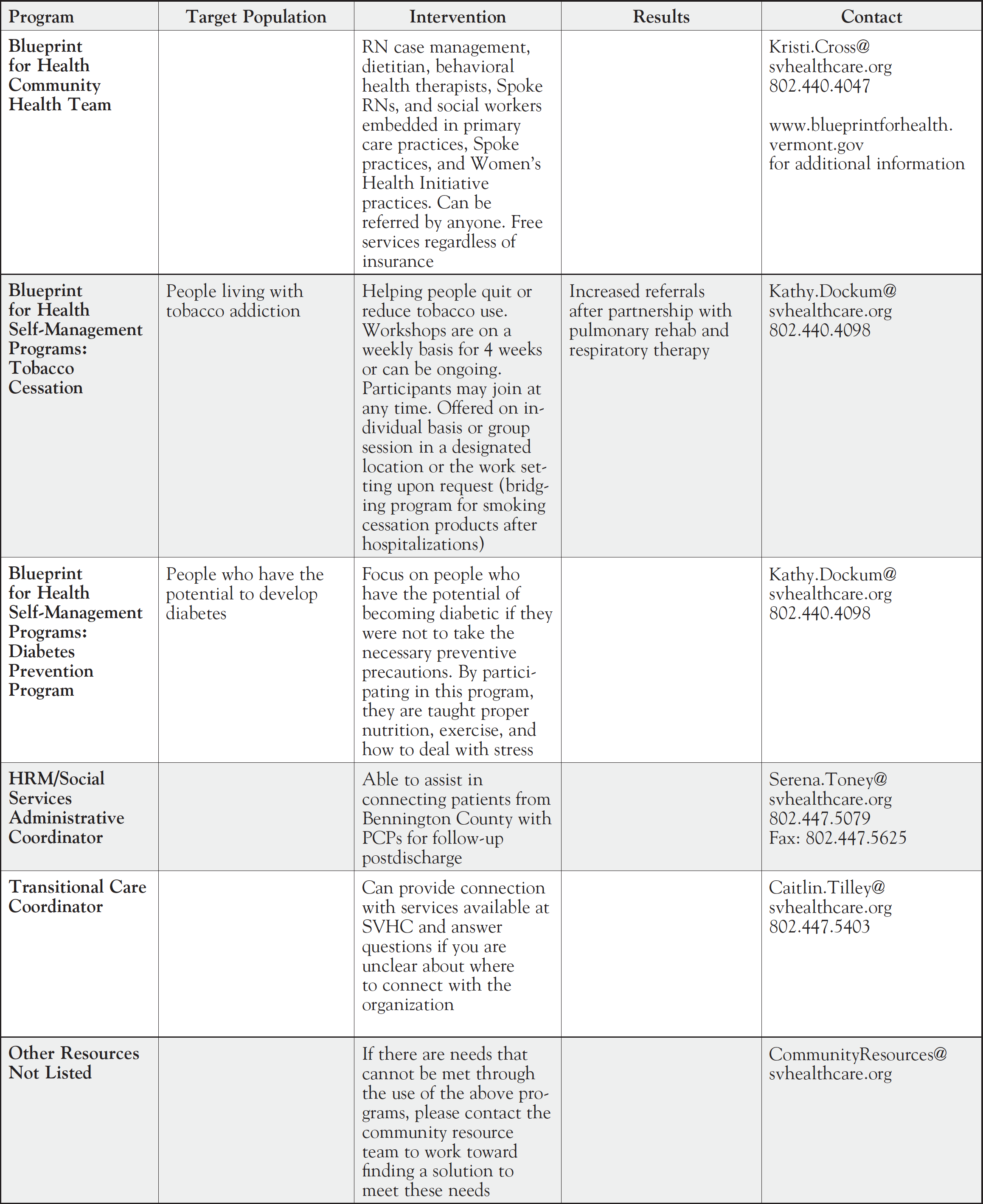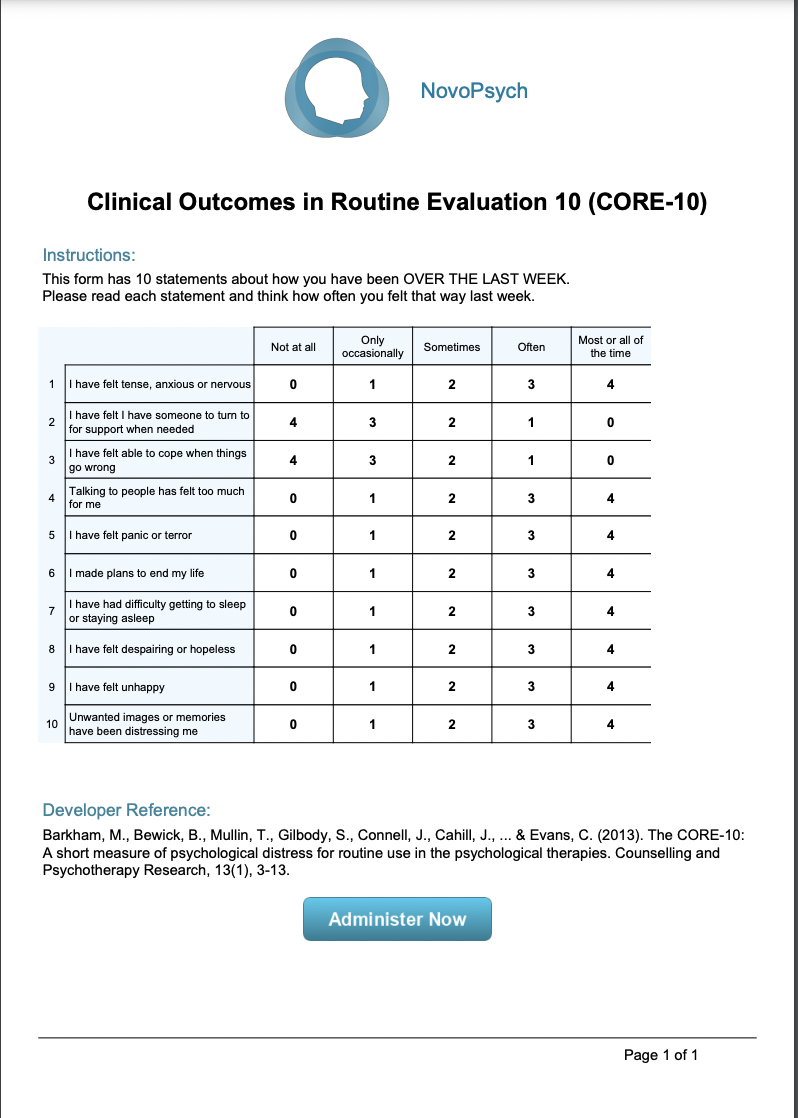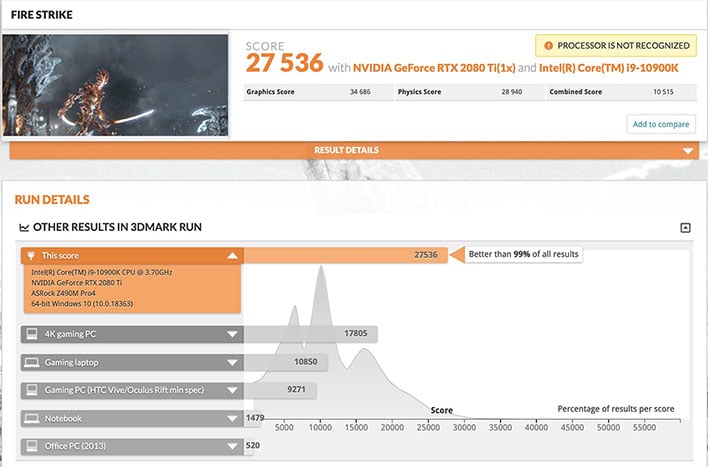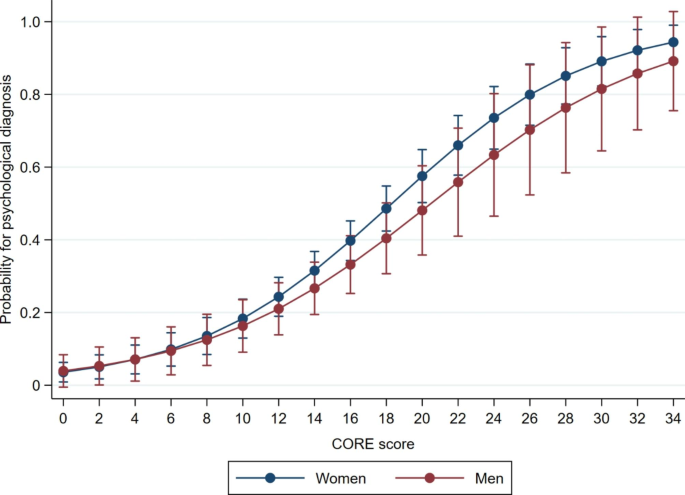- Home
- core 10 scoring
- GPs' identification of patients with mental distress: a coupled questionnaire and cohort study from norwegian urban general practice, BMC Primary Care
GPs' identification of patients with mental distress: a coupled questionnaire and cohort study from norwegian urban general practice, BMC Primary Care
5 (795) · $ 9.00 · In stock
Background Mental health problems are one of the leading causes of disease burden worldwide, and are mainly diagnosed and treated in general practice. It is unclear however, how general practitioners (GPs) identify mental health problems in their patients. The aim of this study was to explore how patients’ self-reported levels of mental distress correspond with psychological diagnoses made by their GPs, and associations with sex, age, number of consultations, and somatic symptom diagnoses. Methods A questionnaire study coupled with retrospective and prospective cohort data from 553 patients aged 16–65 years in six GP offices in Oslo, Norway during 21 months in 2014–2016. Results We found that 73.3% of patients with self-reported high levels of mental distress versus only 13.3% of the patients with low levels of mental distress had received a psychological diagnosis (p < 0.01). We found an increase in number of consultations for the group with high levels of mental distress regardless of having received a psychological diagnosis (p < 0.01). There was also an increase in number of somatic symptoms (p = 0.04) and higher number of females (0.04) in this group. 35% of patients had received one or more psychological diagnosis by their GP. Mean CORE-10 score, being female and a high number of consultations was associated with having received a psychological diagnosis. In the adjusted analyses high CORE-10 score and a high number of consultations still predicted a psychological diagnosis. Conclusions We found a clear association between self-reported mental distress and having received a psychological diagnosis amongst the participants, and the probability for being identified increased with increasing levels of mental distress, and increasing number of visits to their doctor. This suggests that GPs can identify patients with high levels of mental distress in general practice in an adequate way, even though this can sometimes be a complex issue. Trial registration Trial registration The main study was retrospectively registered in ClinicalTrials.gov on August 10 2019 with identification number NCT03624829.

PDF) Patients' and GPs' expectations regarding healthcare-seeking behaviour: a Norwegian comparative study

Facilitators and barriers of implementation of routine postnatal care guidelines for women: A systematic scoping review using critical interpretive synthesis — JOGH

PDF) A powerful intervention: General practitioners'; Use of sickness certification in depression

Chronic Disease and Complex Care Navigators: A Scoping Review - Journal of Oncology Navigation & Survivorship

Full article: Rural patients' experience of education, surveillance, and self-care support after heart disease related hospitalisation: a qualitative study

Nature Contact and Human Health: A Research Agenda, Environmental Health Perspectives

Comparison of video-recorded consultations with those in which patients' consent is withheld.

Evidence-based clinical guidelines for immigrants and refugees

CPA Mental Health Toolkit for Commonwealth Parliaments by The Parliamentarian - Issuu

Frontiers Social determinants of multimorbidity patterns: A systematic review








(mh=KwNkrDDPe6rMYKTn)8.jpg)



